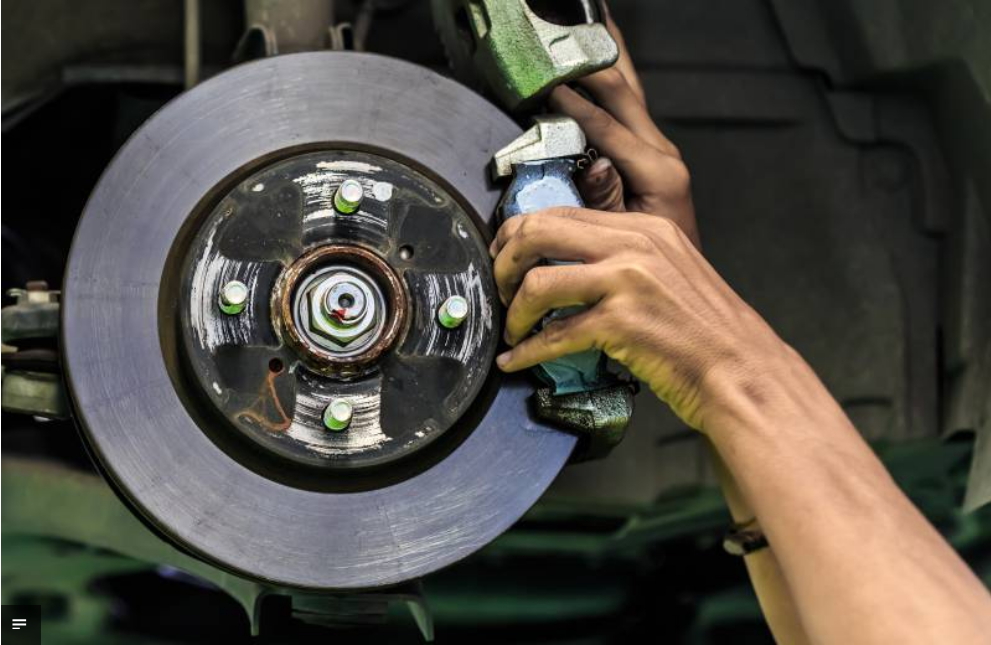How can some people seem to get unbelievable deals on car repairs when you couldn’t catch a break on brakes with a trawling net? The answer in many cases is found in a white box and it comes with more risks than Pandora ever thought of putting in her carton.
“White box” is a term used in the auto repair and parts industry to refer to bargain basement components, usually sourced off shore, and often from China.
You can find almost any common replacement part for most mainstream vehicles in white box form, usually at a fraction of the price of OEM (Original Equipment Manufacturer) and far less than reputable national aftermarket brands.
Like many other consumer products, white box units are cheaper due to lower labour costs and less-than-stellar material quality (to put it politely).
Here’s what to watch out for when considering white box parts for your vehicle.
Brake rotors: White box rotors often receive very little heat-treating and are built to wide tolerances in terms of being perfectly flat and true. This leads to brake pulsations and vibrations soon after these rotors are exposed to their first trial by stop-and-start commuter driving. Having a warranty on these components is of little consequence when you’re faced with the inconvenience of returning to the shop for their replacement.
Brake pads: Nothing drives a driver nuts faster than squealing or squawking brakes and that’s usually what you’re in store for when choosing cheap pads or linings. Then there’s the issue with excessive black brake dust that these pads emit which can mar even the best looking wheels.
Wheel hub/bearing units: Even on cheap autos, these units can easily top $500, so it’s no surprise that consumers will request that their service providers search for less expensive options. As an example, a front hub/bearing unit on a midsize sedan with anti-lock brakes might set you back $450 from a dealer for OEM, $300 from a recognized aftermarket supplier like AC Delco or Timken, and as little as $150 from a white box source. The main reason these units are changed is due to noise, and with the white box units you are likely to hear that fateful hum within a few months if not sooner.
Steering linkages: Tie rod ends are very common replacement items and white box units can come in at less than $30 when brand name or OEM units price in the $70 to $100 range. When you’re depending on the strength of the steel ring that holds these critical parts together, do you really want to be tooling down the road at 100 km/h when the lowest quality unit is all that is keeping you on the road?
How can you avoid this mess? When your shop is quoting you any type of job ask about the warranty first. Repair garages in almost every jurisdiction in Canada must provide at least a 90-day/5,000 km guarantee against defects in any service they provide. National name brand products often offer a much longer warranty.
If you’re keeping your ride for longer than a few months and you’re concerned with its safety and function, request recognized brand named parts be used. Some of their warranties cover a year or more and don’t cost any more than white box parts when you factor in your time when a return trip to the shop is required.
Read the full post in driving.ca

